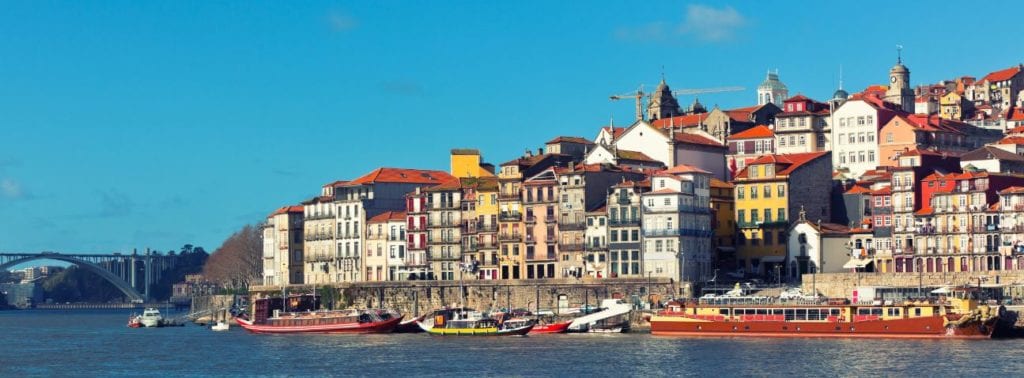
As the weather cools and autumn begins, the Portuguese real estate market is holding firm, even in the face of the Covid-19 pandemic. Resilience is now the watchword, and both professionals and the market itself reflect the progress made in October. The market saw a series of optimistic news reports throughout the month, with programmes boosting the housing market and the development of new projects, in a clear bet on the real estate sector’s continuing dynamism.
The beginning of the month was marked by the launch of Portugal’s first Open-Ended Real Estate Investment Fund in 15 years, one which is aimed at private investors looking to diversify their portfolios. At a time defined by ultra-low interest rates, and as investors seek alternatives to boost their income, this bet appears to be an excellent option.
The Golden Visa programme, which the government is planning to wrap up in Lisbon and Porto by the end of the year, saw a 10% decrease in monthly investments in September, compared to the same period in 2019. Total investments in the programme this year have reached €540 million.
At the same time, Novo Banco, which is helmed by António Ramalho, announced that it intends to sell a series of portfolios of non-performing loans named after rugby players. The bank has already prepared the first portfolio of bad debts, called the Carter Project. The portfolio, which consists of both secured and unsecured loans, is already on the market, valued at 100 million euros. Just at the end of the month, Novo Banco also announced the sale of the €200-million Wilkinson Project, which is made up of secured loans to large corporate entities.
Sonae Sierra’s latest investment in the NorteShopping concluded with the inauguration of the Galleria, a luxury retail space in Matosinhos. The shopping centre’s expansion process began in 2017 and involved a total investment of €77 million for Sonae Sierra, a Portuguese company and one of Europe’s largest players in the retail sector.
With no announced sales price but with an attractive return, a French investment fund acquired part of Lezíria Park from Teixeira Duarte, one of the most important national and international construction companies and developers. The industrial park, which is located between Santa Iria and Alverca in Lisbon, includes commerce, services and logistics firms.
The Portuguese government announced its intention to increase the level of public investment in the housing supply. A total of €1.633 billion has been earmarked for the Recovery and Resilience Plan, whose primary objective is to combat the impact of the pandemic on the Portuguese economy. Most of the funds will be channelled into social and emergency/temporary housing from now until 2026.
In the housing and construction sectors, Portugal’s municipalities issued new building permits for 15,496 dwellings in the first eight months of 2020, a fall of 2.2% year-on-year. Simultaneously, Portuguese banking institutions issued a total of 7.127 billion euros in residential mortgage loans, 7% more than in the same period in 2019.
Finally, housing prices began to slowdown earlier this year, and the pandemic has accelerated this trend, according to data from the National Statistics Institute (INE). In the second quarter of 2020, housing prices fell in 87 municipalities, almost a third of all Portuguese municipalities.
Tourism
The tourism and hotel sector’s experience of the pandemic has been markedly more pessimistic, with many hotels closing temporarily and experiencing cash flow difficulties. However, investment and new developments have shown some strength, nevertheless, including the sale of the new Lisbon Airport Stay Hotel to a Portuguese investor.
Despite the macroeconomic environment, there are still 220 hotels in the pipeline for inauguration by 2023, with a total of 18,150 rooms. This year alone, eighteen new hotels, with a total of 1,390 new rooms, opened throughout the country. This is undoubtedly a positive sign for the future and the sector’s capacity to reinvent and adapt to this new reality.




